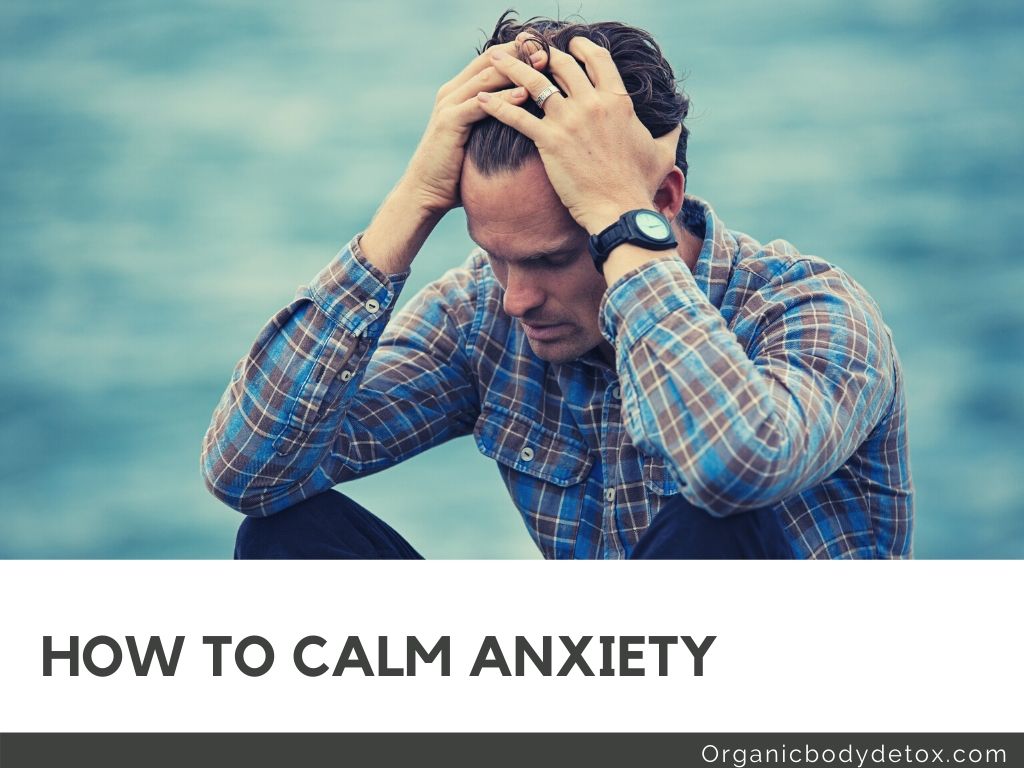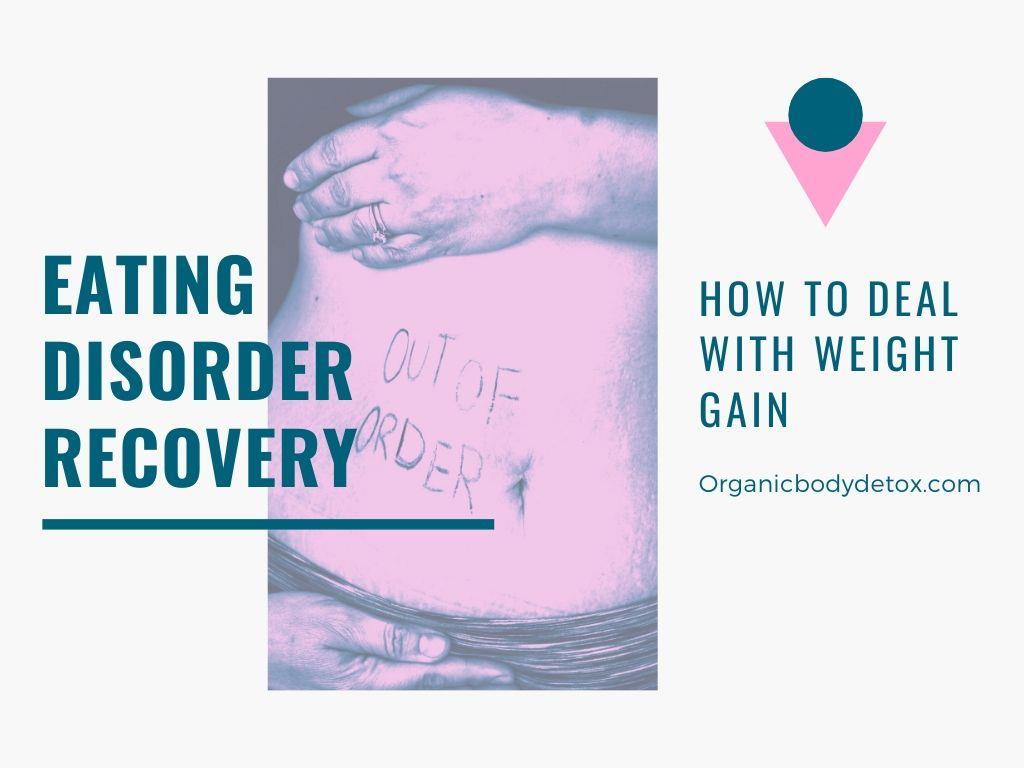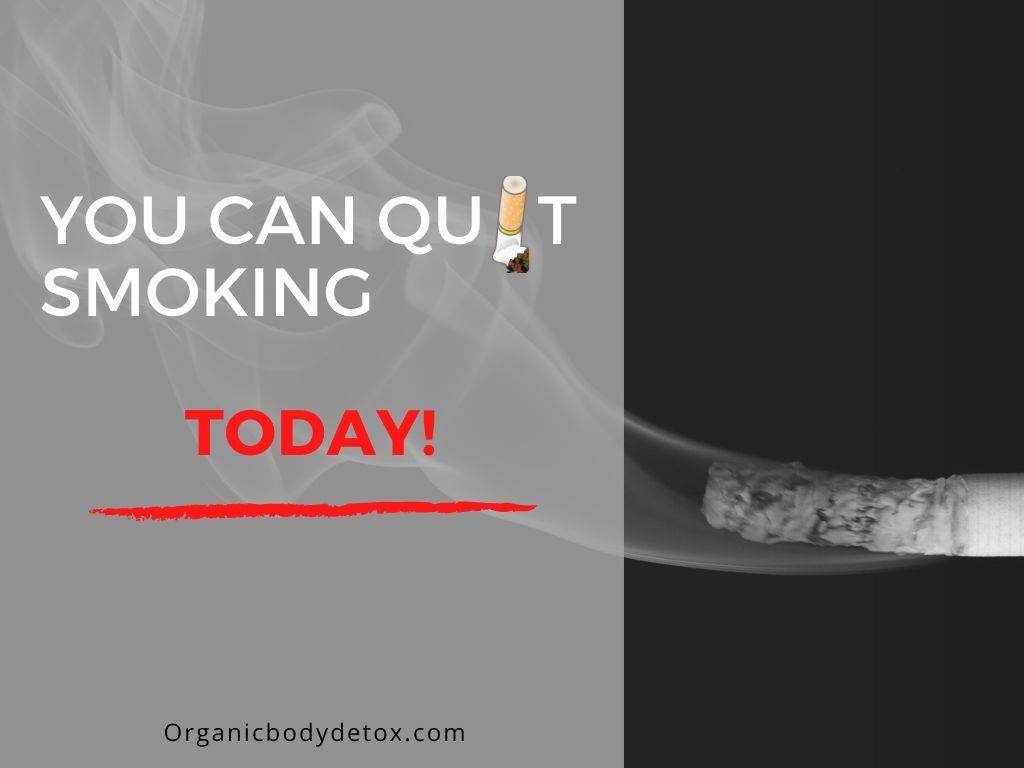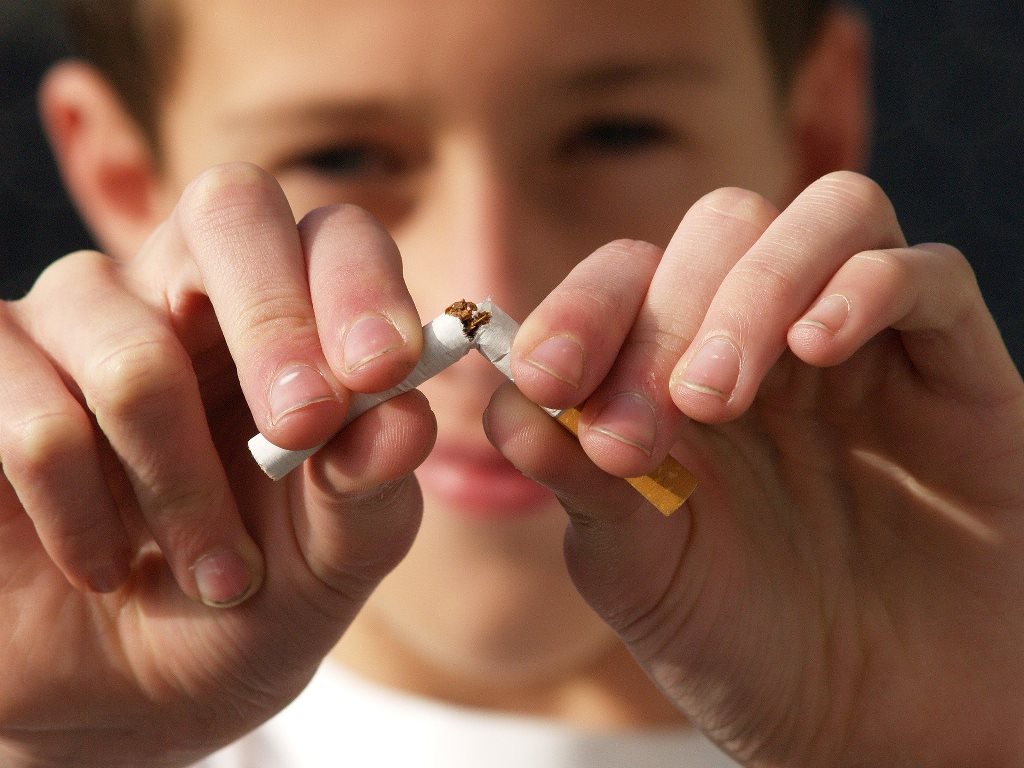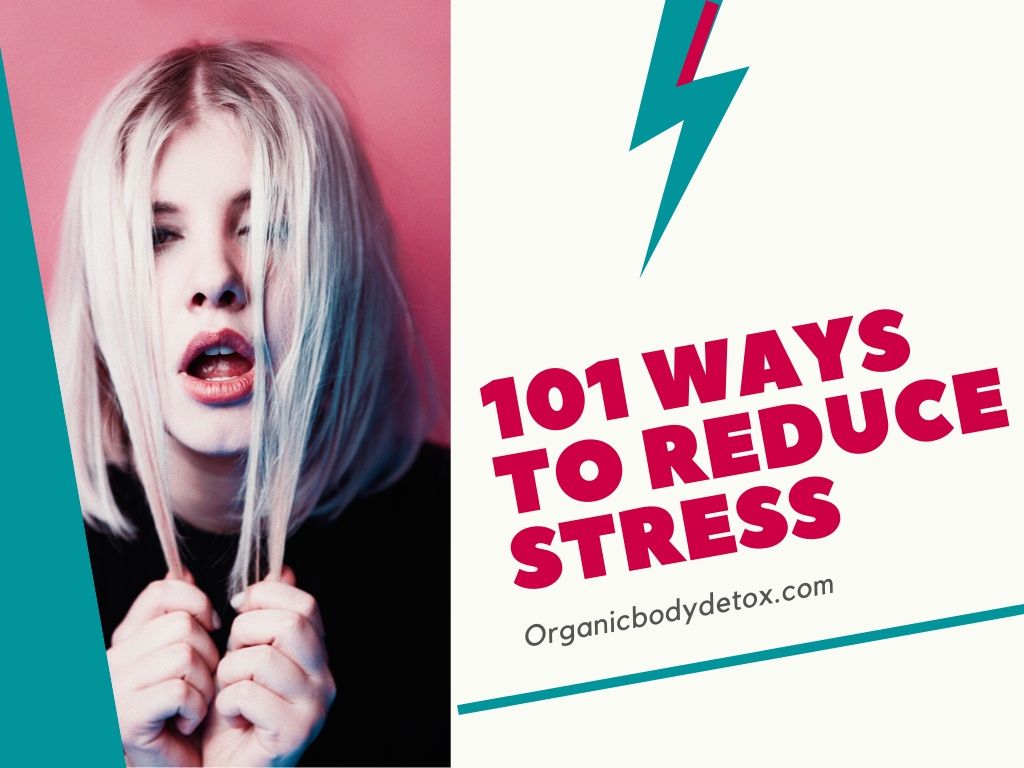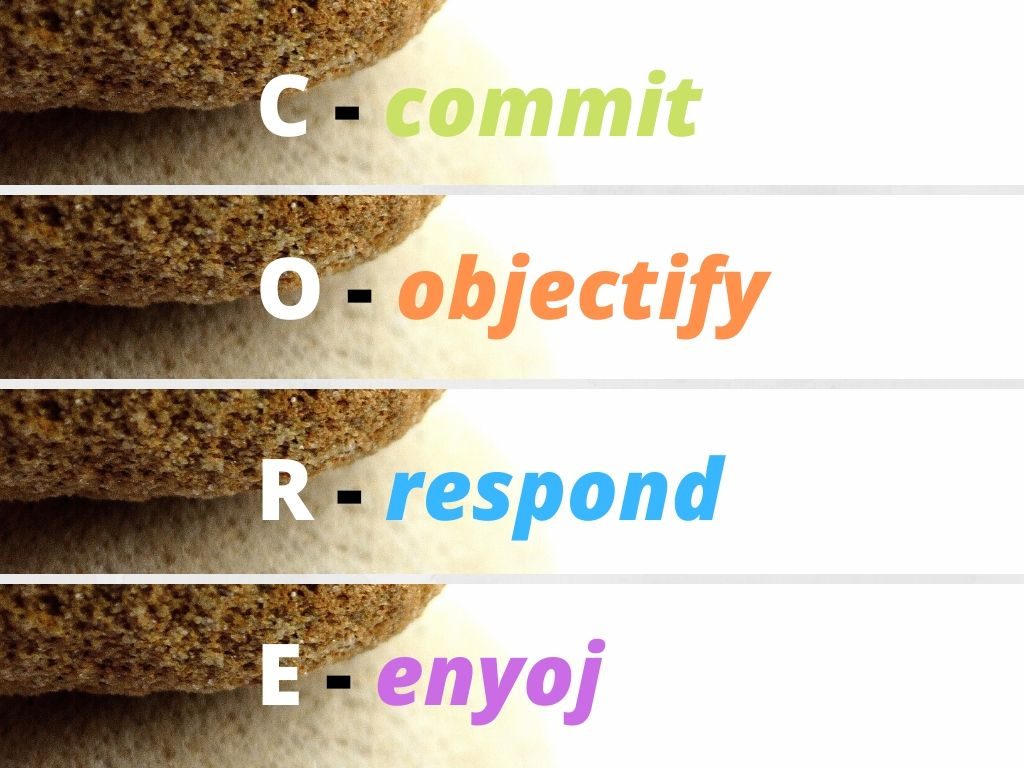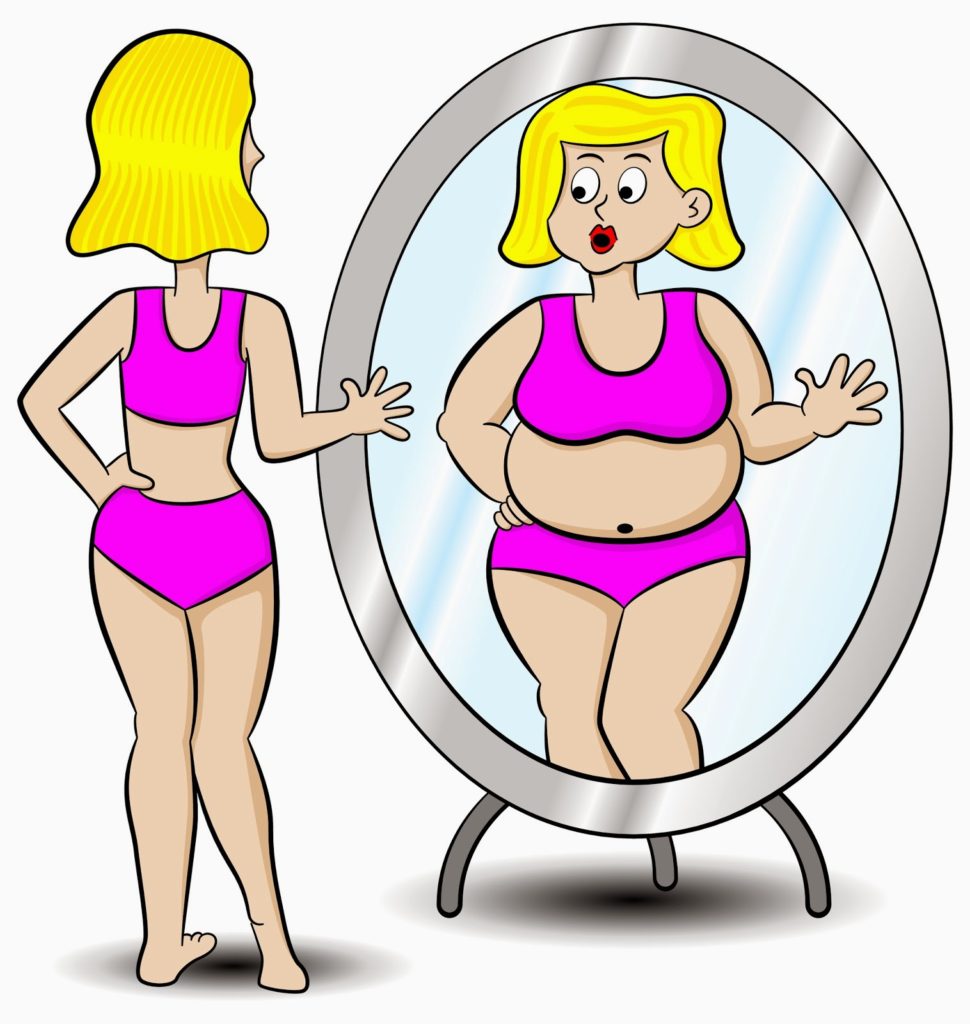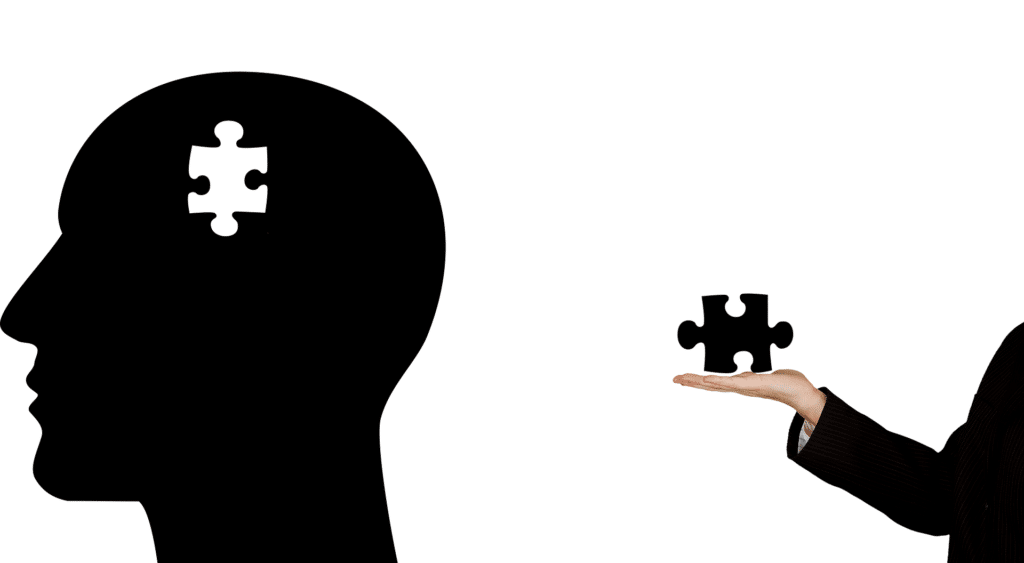What is Anorexia?
Anorexia is a serious eating disorder that causes people to develop an intense fear of weight gain. It can be characterized by extremely low body weight, and an inability to have a realistic perception of one’s own body figure. Often those that suffer from anorexia have such low body fat that it is very unhealthy and even dangerous, but the disorder makes it extremely difficult for them to perceive their own unhealthy appearance. In overcoming this disease, it’s necessary to reconcile oneself to anorexia recovery weight gain stages.
One thing that is important to keep in mind about anorexia is that those that suffer from it are not able to see themselves the same way that others can; simply explaining the risks of the habits they form as a result of the disorder is often not enough to get them to stop. Even when they can logically understand that what they are doing is unhealthy, the disorder hinders them from taking the necessary steps to change without proper help from professionals.
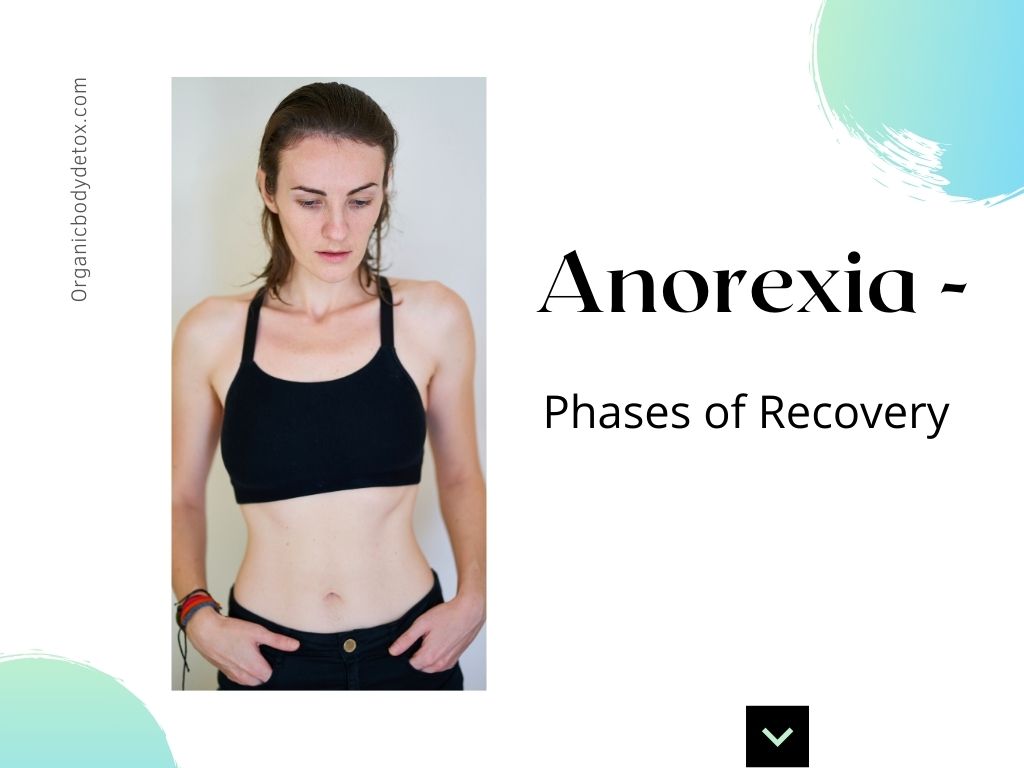
More often than not, anorexia is accompanied by extreme measures that are intended to control weight gain. These measures can include severely limiting the intake of calories and of all food in general. Oftentimes an anorexic person will eat so little that they are effectively starving themselves.
There are also other common weight-loss tactics like diuretics, laxatives, and induced vomiting. This is not to be mistaken for bulimia, which typically involves extreme binge eating, and induced vomiting to “purge” the calories. Bulimia and anorexia are not the same thing and are not necessarily even linked directly.
Another thing that anorexic people often do is exercise to excess. People that are afflicted with anorexia are already malnourished in many cases, so extreme exercise routines can be especially dangerous for them. If you believe that you, or someone you know, is suffering from an eating disorder like anorexia, it is important that you seek professional help immediately.
The Risks of Anorexia
There are a lot of stigmas and stereotypes about eating disorders that have given people a false impression regarding the seriousness of the risk involved.
Here are some of the common misleading ideas about anorexia:
- Anorexic people are just too thin.
- Anorexia is just for celebrities and models.
- Anorexic people just need to look in a mirror.
Misconceptions like those can be one of the riskiest parts of anorexia, because getting treatment early is vitally important, and those ideas can cause people to not take it as seriously as they should. Anorexia is a dangerous and very serious disorder that requires the help of medical and psychological professionals.
A few of the health risks involved in anorexia include the following:
- Extreme weight loss
- Fatigue
- Fainting
- Unrealistic self-perception
- Temporary or permanent damage to vital organs
In some very extreme cases, anorexia can even threaten the life of those who suffer from it. There are many other risks associated with anorexia. In fact, some of the risks even come after one has successfully been treated for the disorder because part of the recovery process is regaining the weight in order to reach a healthy body mass.
Regaining weight after an extended period of malnutrition and starvation can be a difficult and sometimes painful process. There have been instances in which people have fasted for long periods of time, then broke the fast with a large heavy meal, and it caused serious health complications, including death on rare occasions. Anorexia recovery weight gain stages are a very important part of the process but must be handled delicately.
Recovering From Anorexia: anorexia recovery weight gain stages
Before we get into the specific stages that one can expect when recovering from anorexia, it is important to note that no one should attempt this alone. There is no shame in seeking help, and in fact, the first stage of weight gain after a body has been severely malnourished can be very dangerous. It is very important to have a medical professional help with a regiment and a diet plan.
The following is meant as a general guideline to help those in recovery know what to expect, but seeking the help of a medical professional is vitally important. One other note, this is a guide on what to expect after one has recovered from anorexia, not on how to recover from anorexia.
The more you know before you get started with your recovery, the less there will be to take you by surprise. It is not uncommon for people to be taken off guard by a symptom or reaction that is actually completely normal, and mistake it for failure. Fear of the unknown can often lead to failure.

Stage One: Getting Started
When an anorexia survivor reaches the point that they are ready to begin regaining weight, it can be a difficult process. There are many bloggers and vloggers that have recorded and described their experiences, and this can be a helpful way of finding out what is normal and expected, as well as a way of reminding yourself that you are not alone in your recovery.
After an extended period of malnourishment, your body can react in extreme ways when it is suddenly reintroduced with vitamins, minerals, and calories that it has not processed in a long time. One thing that many survivors say they experience is bloating. This can be particularly worrisome because the appearance of rapid weight gain can be a trigger for a relapse. It is vital to remember that the initial bloating is not fat, it is just liquids being temporarily retained in the body.
Bloating typically only lasts for a matter of days or weeks, then it will quickly subside. A piece of advice given by many survivors of anorexia is to avoid mirrors and scales. Weighing oneself and constantly looking into mirrors can trigger a relapse. Getting started can be one of the most difficult parts of the recovery process because it involves deliberately gaining back the weight that survivors once obsessed over losing. It helps to remember that it has been done before, just don’t give up.
Stage Two: Redistribution of Fat
Although this stage is called redistribution of fat, it is more accurately described as patiently waiting for the redistribution to happen on its own. After a few weeks of adhering to a recovery plan, the body will begin to gain a layer of fat all over. This is a very good thing since that layer of fat is an important protective barrier.
However, it may seem to be unevenly distributed at first. Those in recovery might notice one part of the body gaining weight faster than others. If you can be patient and stick to your recovery plan, the layer of fat will slowly redistribute itself more evenly over time.
Do not allow the initial appearance to cause a relapse; recovery takes time and patience. That is why it is so important to study recovery, and know exactly what to expect before it happens. This way, survivors will never be taken by surprise, and this will decrease the likelihood of a relapse.
Stage Three: Maintenance
The human body is not a machine that can simply be overhauled or replaced if it stops working, but there are some apt comparisons between a human body and something like a car engine. Even after an engine is built or repaired, it is important to maintain it and keep it in good working order.
Just like you cannot build a car engine and simply assume it will always run just as it should, survivors must stay vigilant and maintain a healthy diet and exercise habits even after the initial stages of recovery have passed.
If you have reached a healthy weight, meaning one that you and a medical professional have agreed upon, then you should have a plan in place on how to maintain that weight. It is dangerous to assume that, after the initial stages of recovery, the work is totally complete.
This is called “complacency”, and it can be the undoing of anyone that is not wary of it. Have a post-recovery plan in place before you need it, and stick to it just as diligently as you did when you were in recovery.
Final thoughts: Anorexia Recovery Weight Gain Stages
There are many different types of eating disorders, and the severity of the disorder can range widely, but the fact remains that any eating disorder is a serious threat to the person suffering from it.
While the hardest part is often getting someone to see that they need help, the treatment and recovery are always going to be a difficult and sometimes painful process. There is plenty of evidence that it is well worth it to endure until recovery is complete, and many of the bloggers that write about their own experiences with anorexia will agree.
It will take persistence, fortitude, and dedication to get through the first few stages of recovery, and even after that, survivors will need to stay on their guard and be alert for triggers that may cause a relapse. As difficult as that can sound, it is well worth it to get back to a place of assurance that you have a healthy body and healthy mind.

